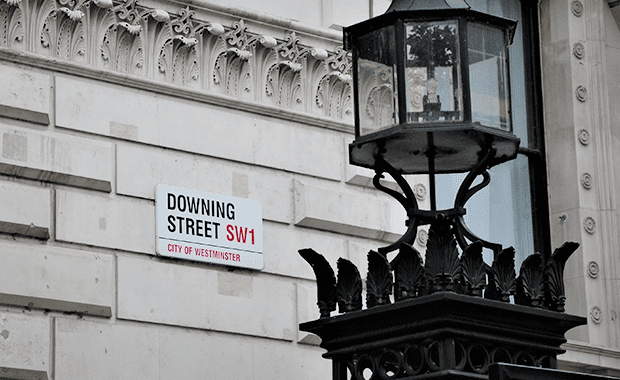Immigration will be a major point of contention in the upcoming General Election. Britain’s exit from the EU and the introduction of the Points-Based Immigration System was heralded as the end to free-movement and the beginning of the UK regaining control of its borders. However, with record high net-migration figures in recent years and significant numbers still crossing the Channel in small boats in the hope of successfully claiming asylum, politicians continue to grapple with potential solutions to this seemingly intractable challenge.
Labour remains well ahead in the polls and is increasingly likely to form a majority government. The Party has committed to reduce net migration and has pledged to reform the Points-Based Immigration System “so that it is fair and properly managed, with appropriate restrictions on visas, and by linking immigration and skills policy.”
Labour also plans to strengthen the role of the Migration Advisory Committee – the Government’s immigration adviser – and establish a framework for joint working with skills bodies across the UK, the Industrial Strategy Council and the Department for Work and Pensions. The Party hopes to end the UK’s “long-term reliance” on overseas workers in some parts of the economy by bringing in workforce and training plans for sectors such as health and social care, and construction.
All these measures point to a more strategic approach to immigration under an incoming Labour administration. The Party recognises that overseas workers and the skills they possess will play a key role in delivering the economic growth which is so central to Starmer’s agenda for change. However, the Party is likely to take a dim view of sectors deemed to have become too reliant on foreign workers without making sufficient investment in upskilling the UK’s domestic workforce. Labour is expected to support employers with this transition, although we anticipate repercussions those who fail to adhere to new workforce and training plans as the Party looks to present itself as tough on immigration.
Starmer is also likely to benefit from rapidly falling net migration which he can present as a quick win in his efforts to reduce the UK’s reliance on overseas workers. Over the past 18 months, successive Home Secretaries have implemented reforms to visa rules affecting international students, skilled workers and care workers to reduce arrivals to the UK. Chair of the Migration Advisory Committee, Professor Brian Bell, has said that these measures are having a far bigger impact than originally anticipated and could see net migration fall to between 150,000 and 200,000 by September 2024. This would represent a considerable drop from the high of 745,000 in 2022.
However, it is unlikely that a significant fall in net migration will enable a Starmer-led government to materially relax the UK’s visa rules. The likely election of Nigel Farage for Reform UK will see a continued focus on immigration in the next Parliament and Labour will be keen to dispel any suggestion of being the party in favour of open-door immigration.
Businesses operating in sectors which rely on overseas workers should be actively engaging with a likely new Labour government to help shape the finer details of the Party’s policy proposals. New ministers will need support to understand what is possible in relation to the proposed workforce and training plans, and what support businesses need to enable the recruitment of domestic workers in these roles.
Please get in touch via email at hugo@gkstrategy.com if you would like to discuss Labour’s approach to immigration policy and what it will mean for your business.




